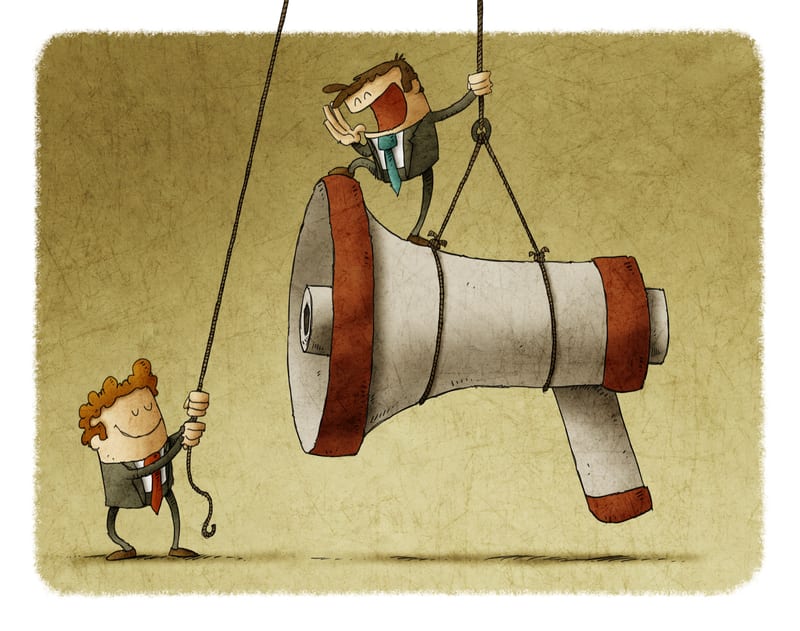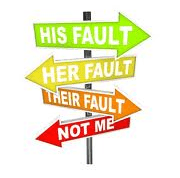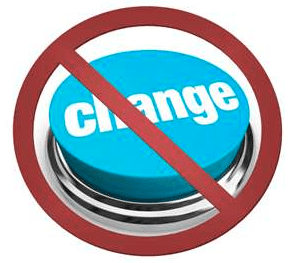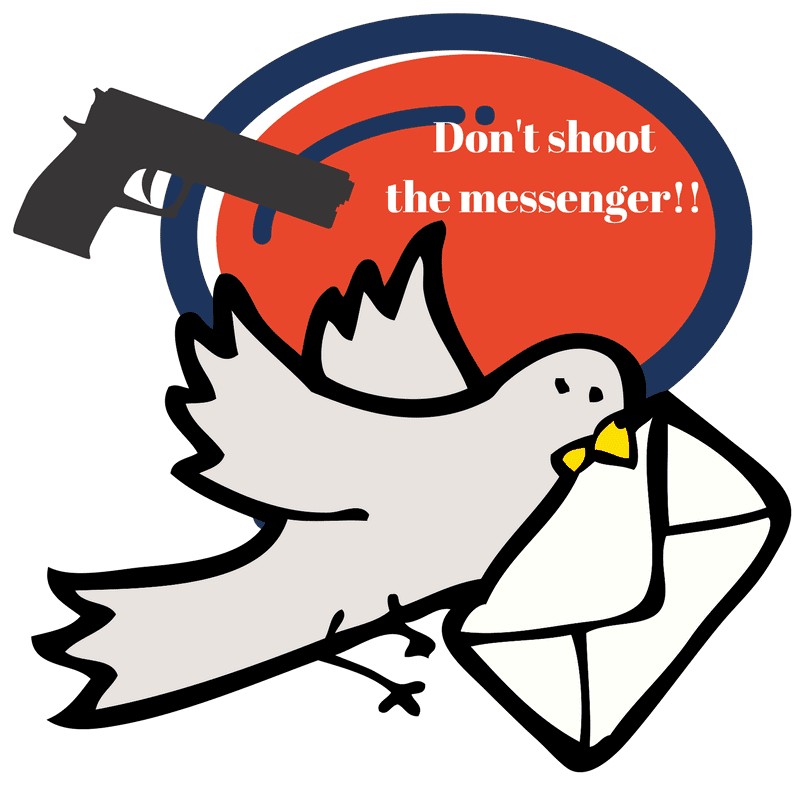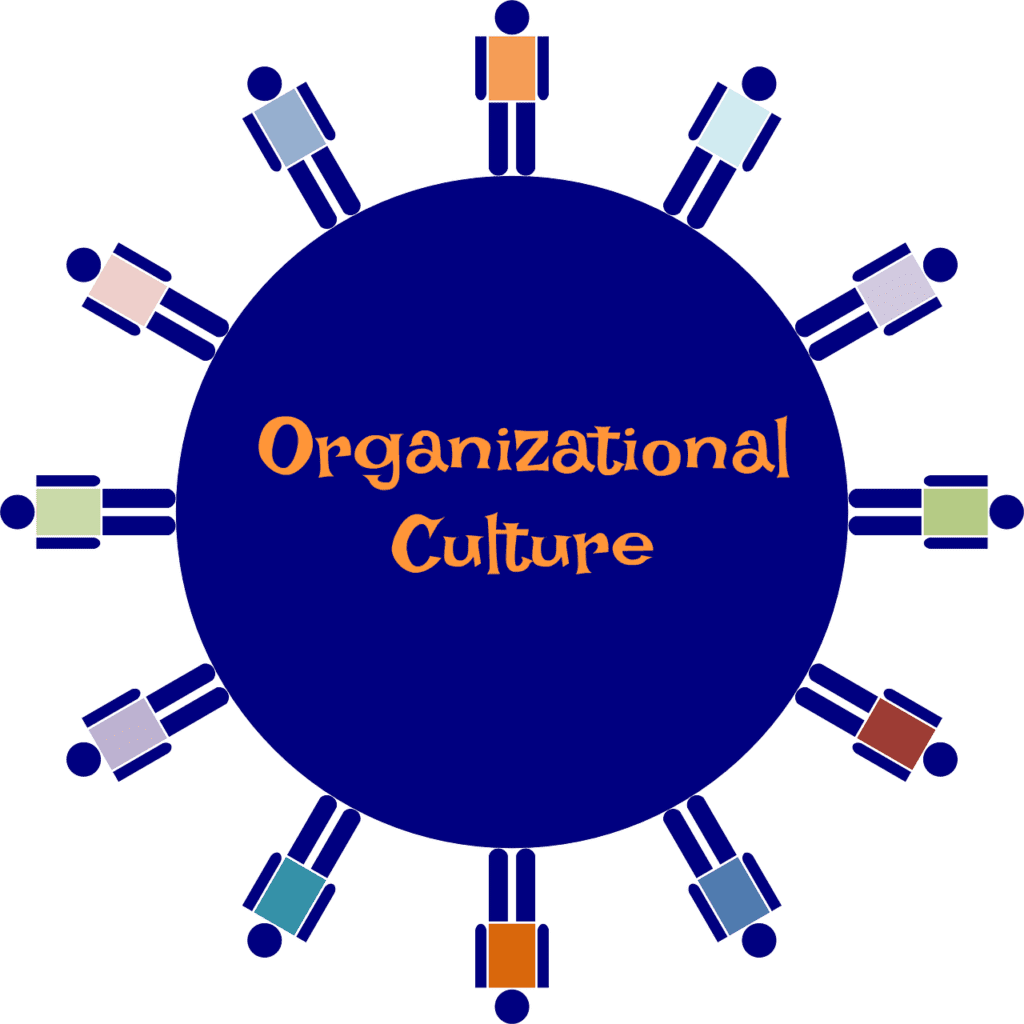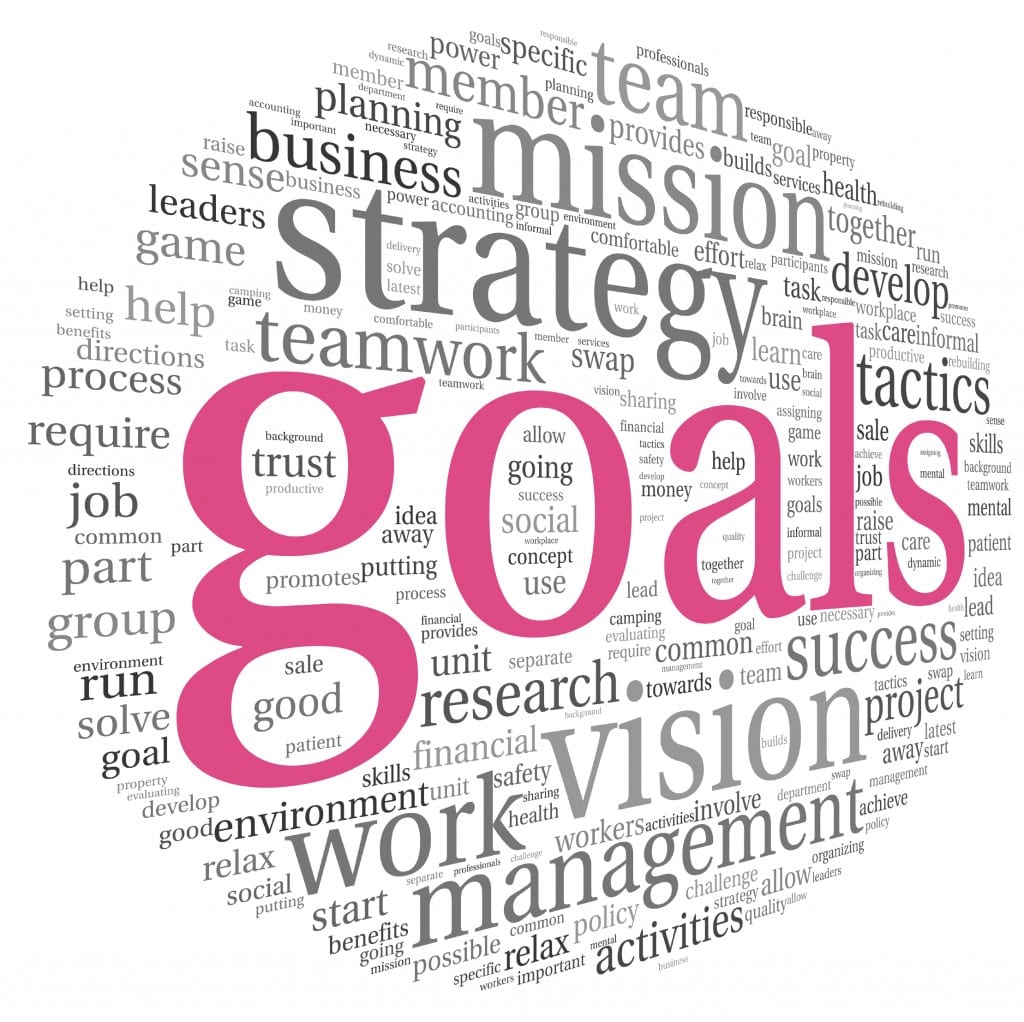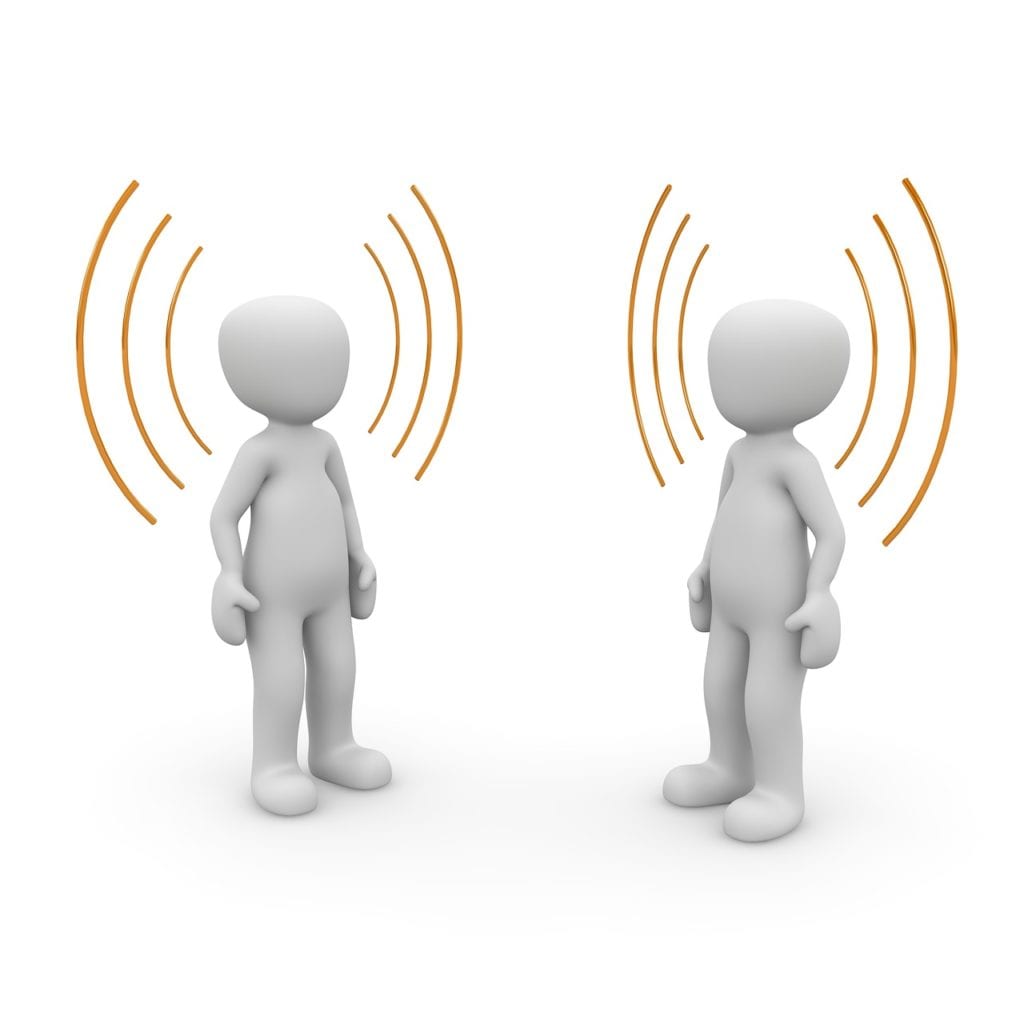Nine Dangerous Mindsets – Part 2: The Subordinate
Being a subordinate is an inherently essential skill for first responders. Borrowing a line from the movie A Few Good Men “We follow orders or people die.” This is true. However, consistent with the outcome of the movie, sometimes BECAUSE we follow orders people die. An example of this would be when a decision maker […]
Nine Dangerous Mindsets – Part 2: The Subordinate Read More »

